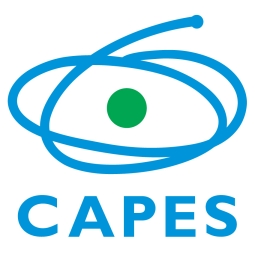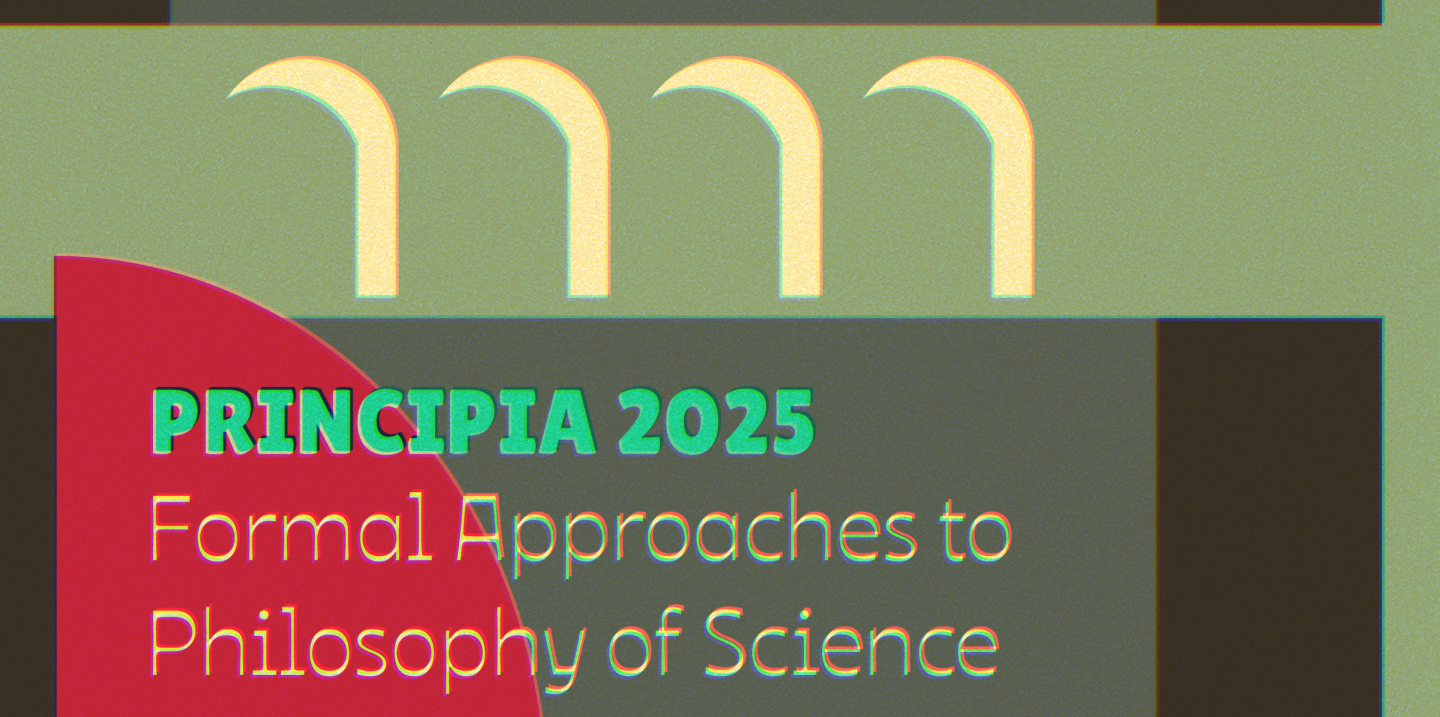July 28th to 31st, 2025
UFSC Campus, Florianópolis, Santa Catarina, Brazil (around here)
EXTENDED DEADLINE — Call for Papers — special issue of Principia: an international journal of epistemology — EXTENDED DEADLINE
.
A map for navigating around the campus during the 14th Principia
Overview
Contemporary Philosophy of Science emerged at the beginning of the 20th century with a specific methodological proposal, applying the tools of the emerging formal logic not only to regiment scientific theories, but also to improve cognitive and linguistic practices. Although the limitations of formal methods for analyzing science have been widely discussed, the approach still finds valuable use today for understanding scientific reasoning and arguments, for ontological and metaphysical studies of science, for investigating the structure of scientific theories and models, and for clarifying the meaning of scientific concepts, among other tasks. As new advances are made in research into logic, new pathways open up for philosophical reflection on science, so that formal methods tend to remain in our toolbox, as well as discussions about their powers and limitations.
Theme
The main theme of the 14th Principia International Symposium is Formal Approaches to Philosophy of Science. By choosing this topic, we invite our community to reflect on the potential, as well as the limitations, of formal methodologies in the philosophy of science. An extension of this theme is the reflection on the characteristics, potentialities and limitations of formal approaches in the analysis of natural languages and cognitive practices in general. We also encourage submissions dealing with historical discussions related to the use of formal methods in the philosophy of science.
In addition to the main theme, as usual at Principia Symposia, contributions on any topic in epistemology and philosophy of science, broadly construed, including philosophy of language, philosophy of logic, analytic ontology, and more, are of course welcome. The Brazilian Anpof Thematic Working Groups (GTs) will also hold sessions as part of the symposium. We also plan to have at least two workshops.

The 14th Principia International Symposium is financed in part by the Brazilian Federal Agency for Support and Evaluation of Graduate Education – CAPES

